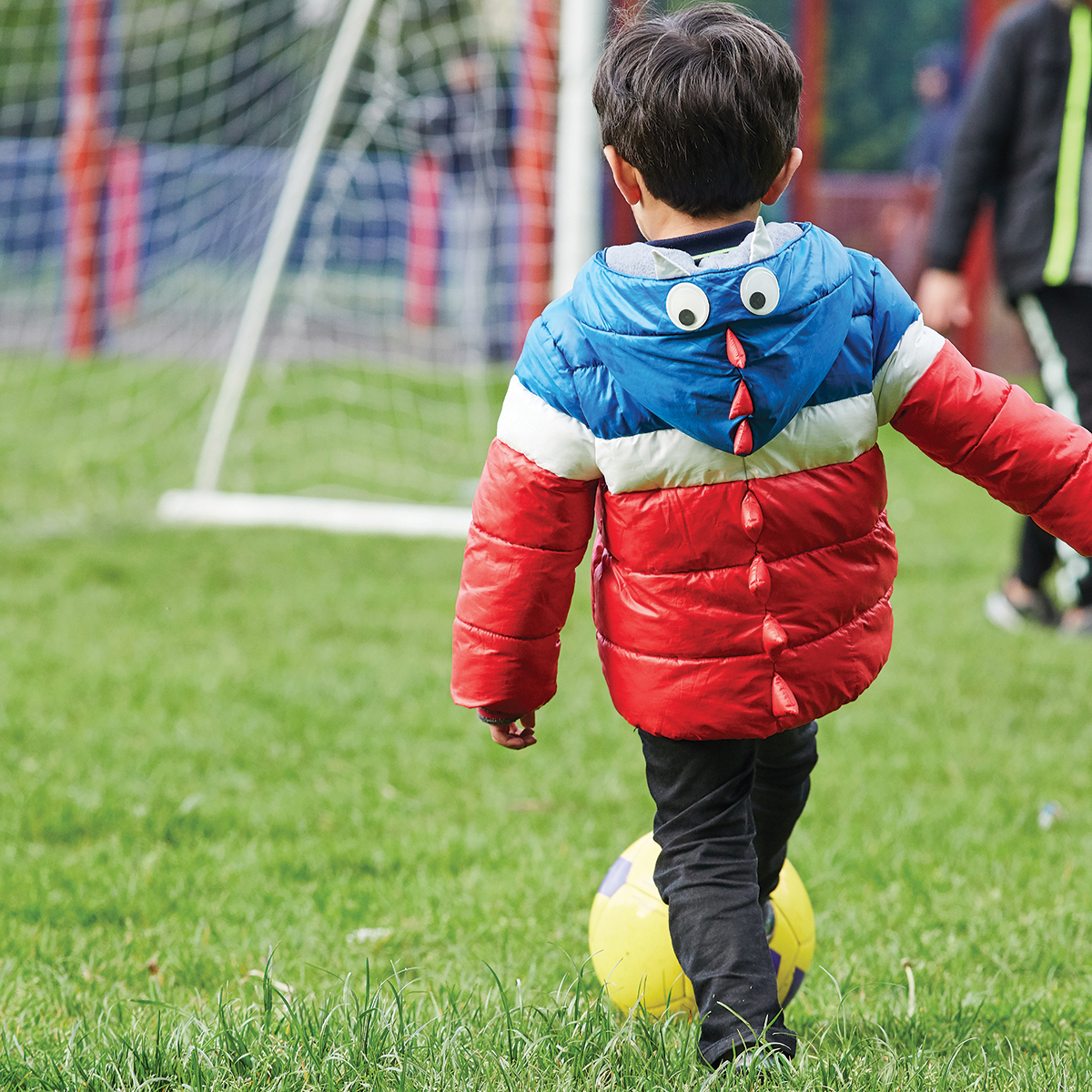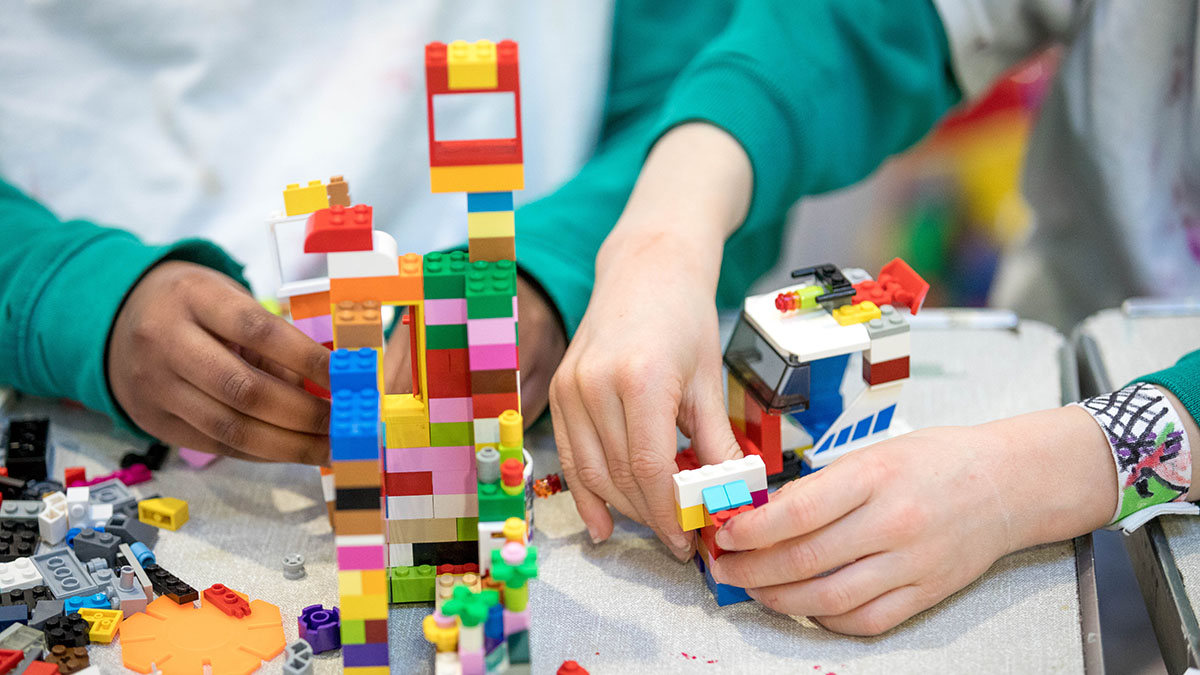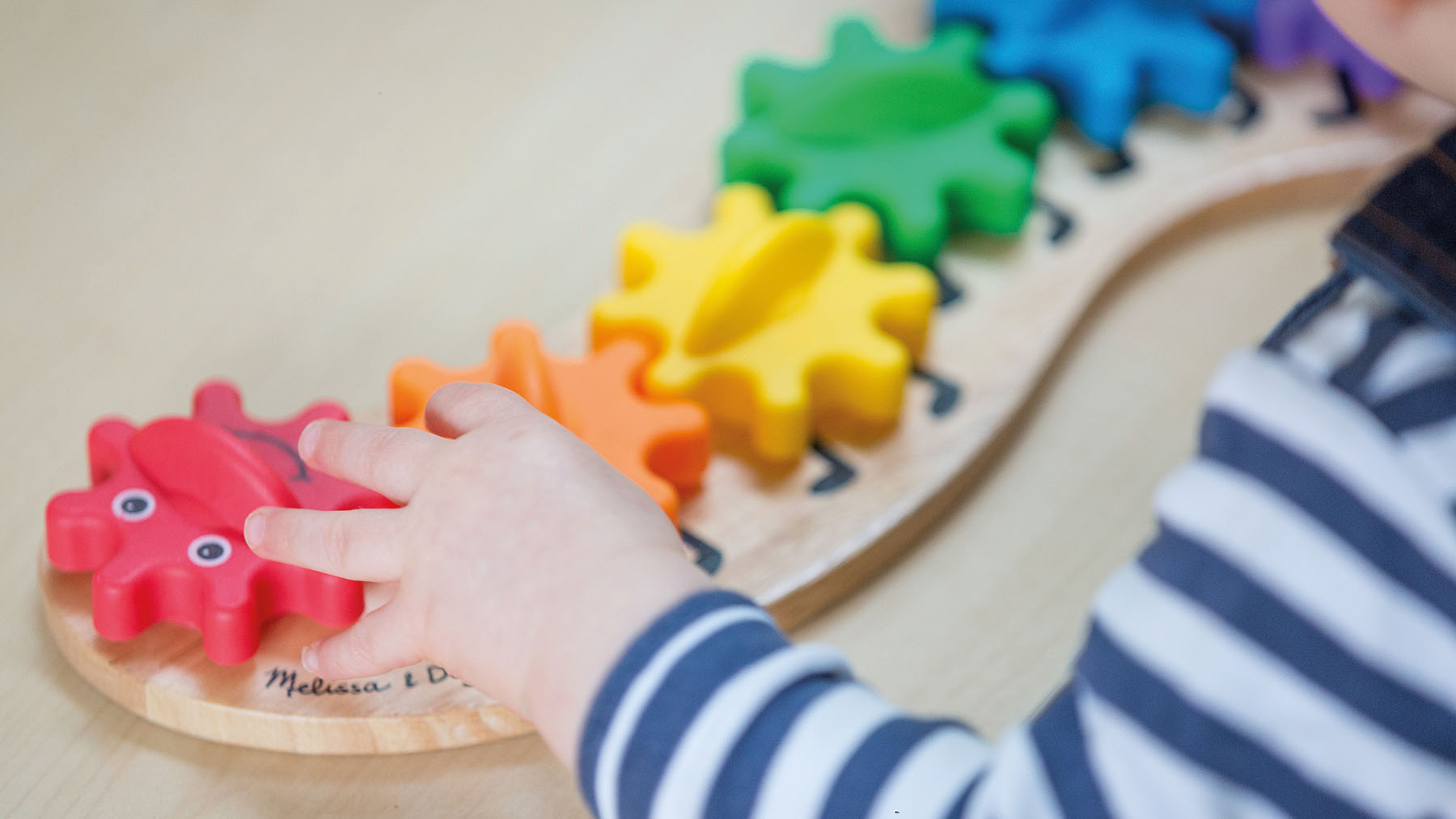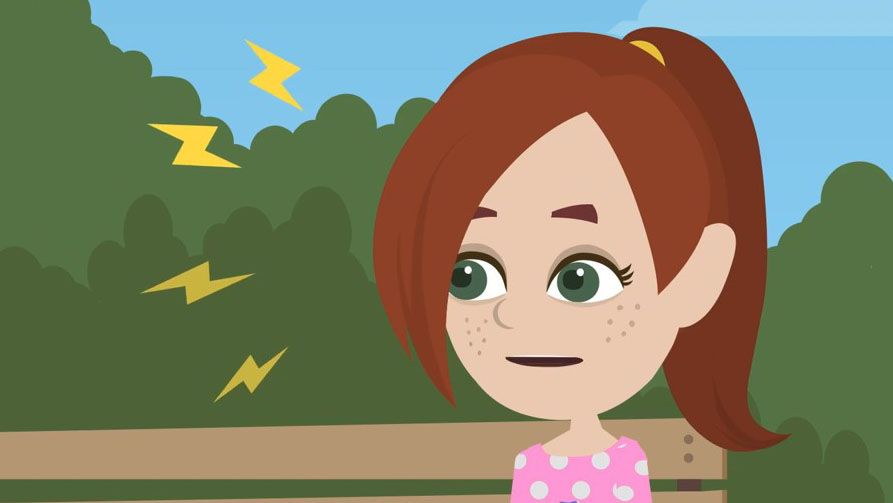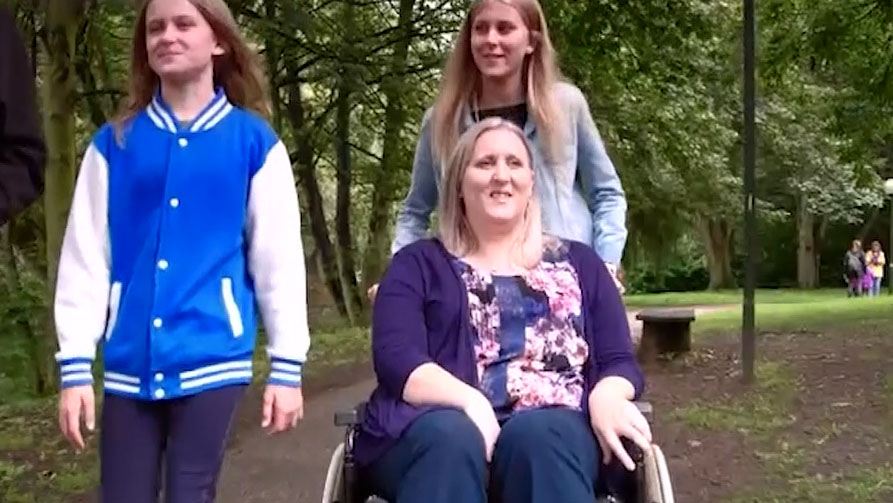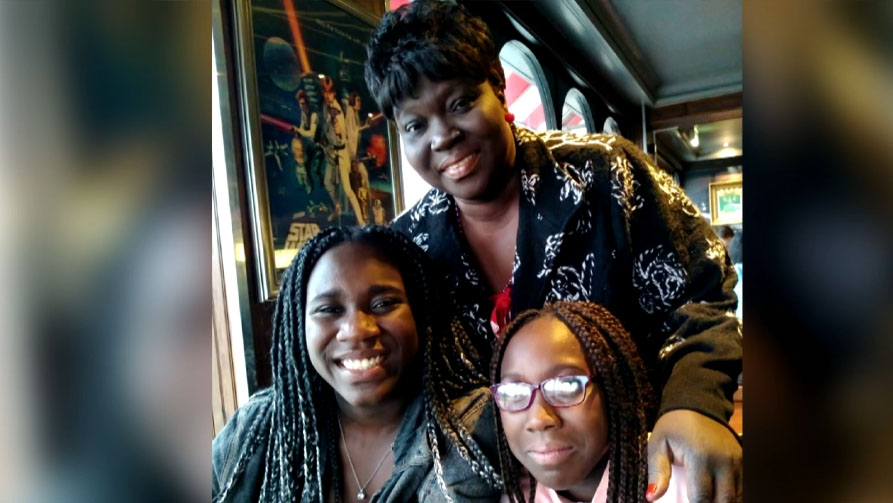Please use this site in portrait
This story is not designed to be told in the landscape view on mobile devices. Please re-orient your device to portrait to experience this story how it was supposed to be told.
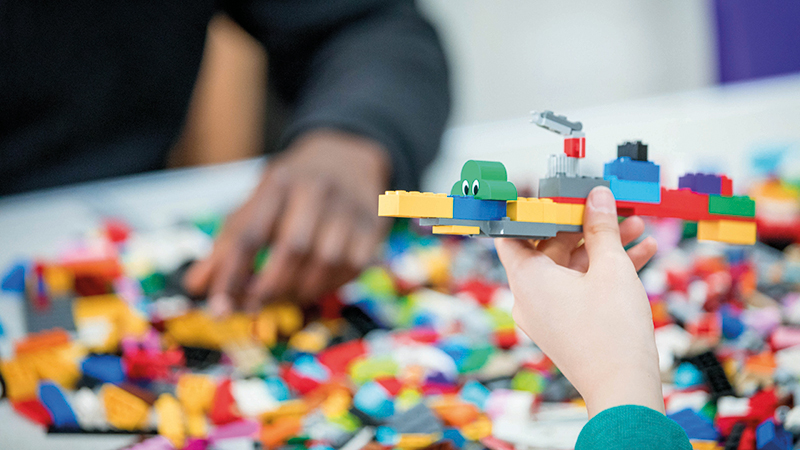
Boosting mental health and wellbeing
The positive power of play for young carers
Play might be fun but it is also a serious business, supporting young carers to get the respite they need and feel like children again. National Officer, Paul Liddell, explores why play is so important for boosting young carers’ wellbeing and mental health.

According to statistics from The Children’s Society, there are at least 800,000 young carers aged 5-17 across the UK.
Young carers take on extra responsibilities to support an adult or sibling in their life, such as helping them dress, cooking, cleaning and shopping.
This means they can miss out on many of the experiences that make our childhood: they have to miss school, cancel meetings with friends and, particularly, they lose out on the opportunity to play.
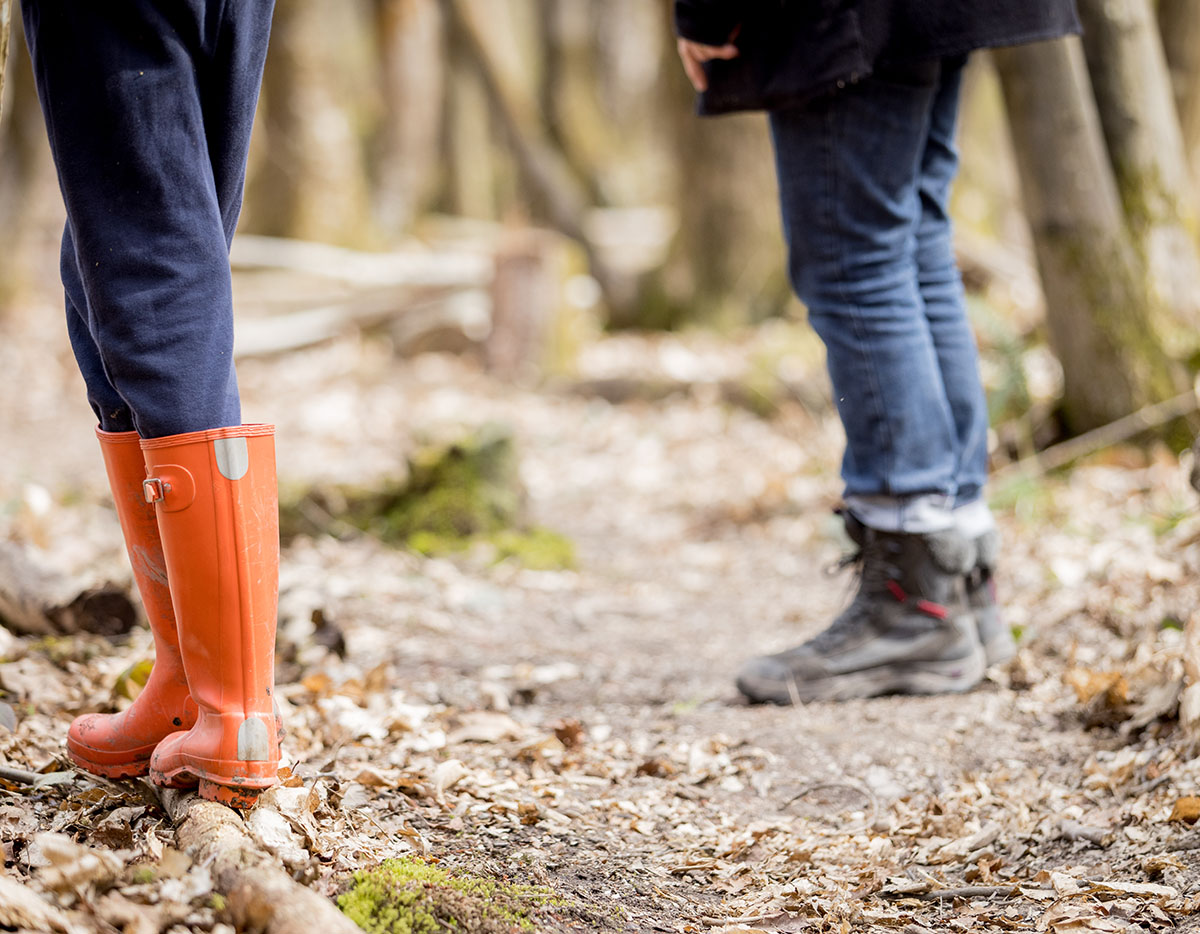
What can be more fundamental to childhood than playing?
When I think of my own childhood, I think of playing in the streets, climbing trees, building dens and tearing around playgrounds.
Young carers do not have these same opportunities without support because of their responsibilities. The pandemic has made this worse, with many young carers worried or unable to meet up with friends whilst looking after someone who is shielding.
One thing that is clear from speaking with projects: the impact of the pandemic on the mental health of young carers has been massive. The Carers Trust discovered that 40% of young carers they surveyed said their mental health was worse due to the pandemic while 66% are more stressed since Coronavirus.
The main disadvantage young carers report is feeling lonely and isolated as they struggle to join in with community groups or social events.
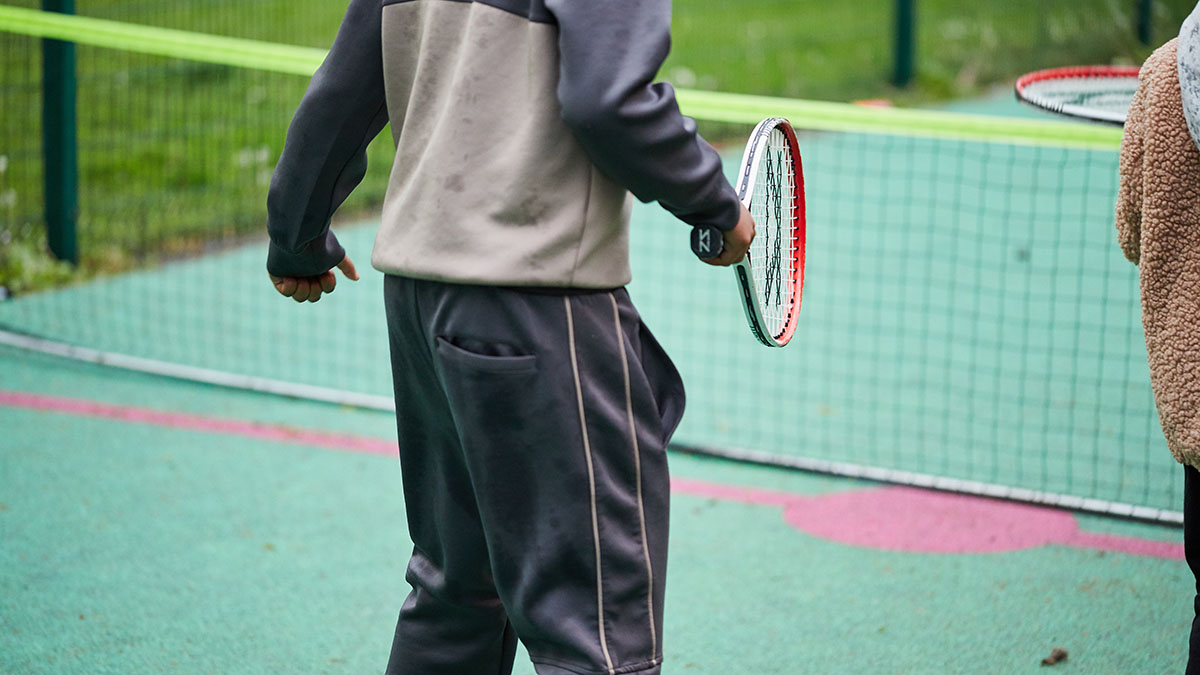
One of the best ways to address this isolation will be supporting young carers to get outside and play with their friends again.
We fund play of all types: outdoor, free play, creative play and play as a therapeutic intervention. We also fund workers using play to make a difference to children and young people – play workers, play therapists and other workers such as early years and youth workers who use play as a tool.
As children and young people come together again in projects across the UK, play is the universal language used in virtually all of them.
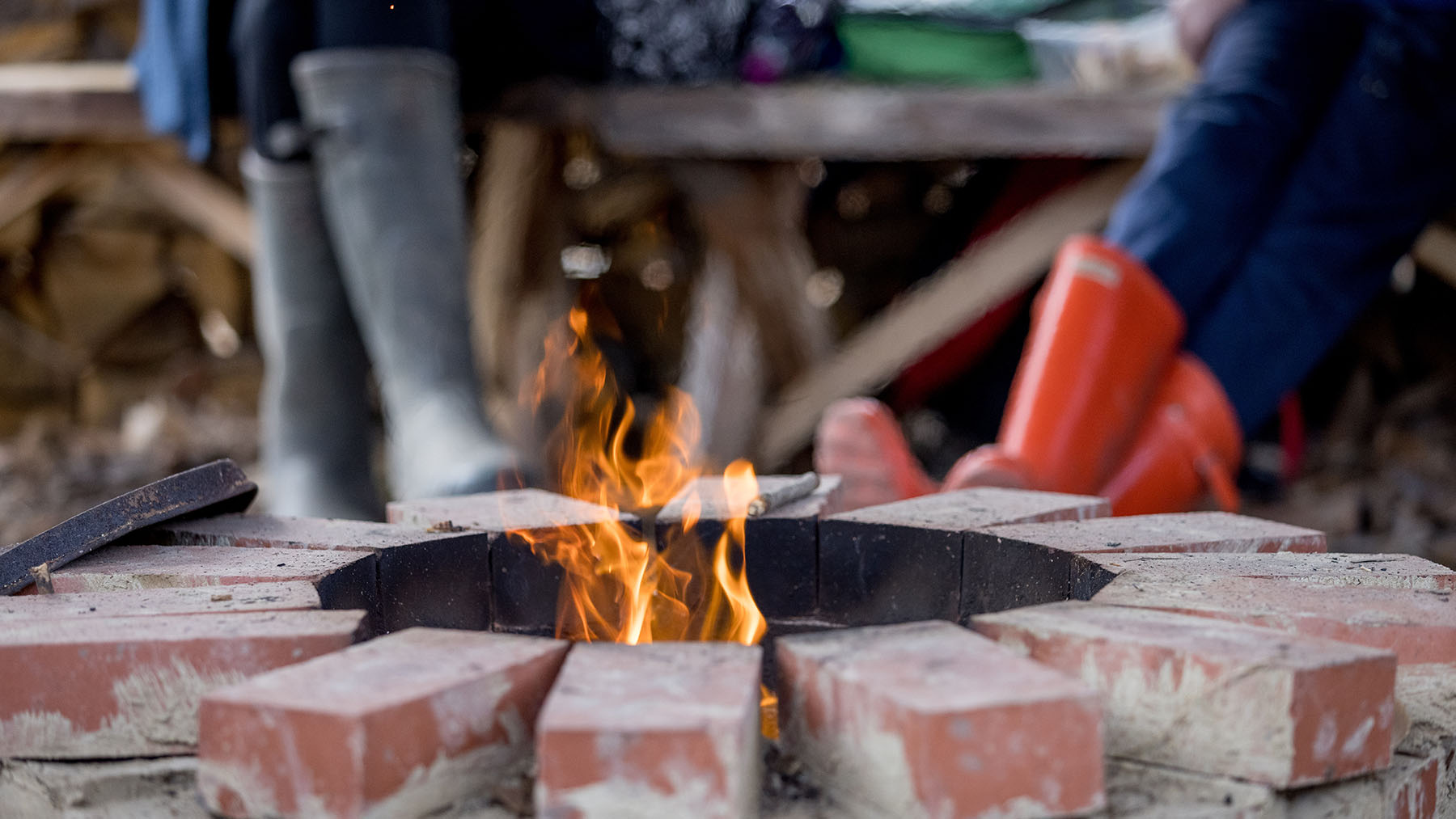
Among the projects funded by BBC Children in Need in Scotland, Falkirk and Clackmannanshire Carers have delivered a wide variety of playful activities to support young carers.
Depending on restrictions over the past year, they have held online games nights and delivered activity packs so young carers could be connected and play together even when they were unable to leave the house.
When able to meet outdoors, they played parachute games, tig and built dens while roasting marshmallows over the fire.
Having fun like this – particularly outdoors – has had a huge impact on those who were supported to take part.
While being a young carer can be isolating, it can be even more so in rural areas.
North Argyll Carers Centre understand this well. They are based in Oban and support young carers from there and the surrounding villages, where transport links are poor.
House and Garden Scavenger Hunts were their most popular activity during lockdown and ensured the young carers had some regular scheduled and high-energy “me” time away from their caring role.
Play is what children do when they get together and young carers just need that extra bit of support to allow them to do that. The benefits of play extend to multiple areas of their lives and a playful approach allows them to open up about their worries and concerns.
